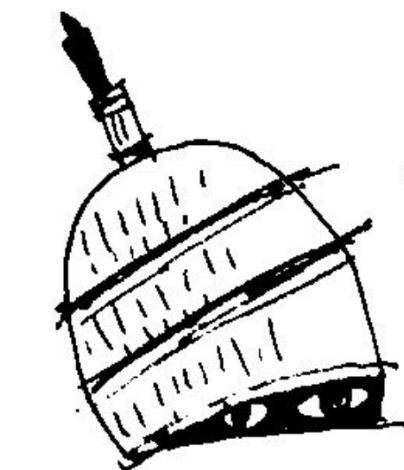On Feb. 13, the US House of Representatives voted to impeach Homeland Security Secretary Alejandro Mayorkas over his handling of illegal immigration. He became the first federal Cabinet member to be impeached in nearly 150 years. Last summer, in the run-up to the Mayorkas impeachment, House Republicans on the Homeland Security Committee accused him of collusion with a “vast NGO network” to disperse illegal immigrants throughout the country. As the most significant impeachment charges against Mayorkas target his department’s “catch-and-release” and mass parole practices, the federal government’s relationship with private nongovernmental organizations has become the stuff of the highest politics in the land.
In today’s liberal societies, the dividing line between government and nongovernment is a thin one. NGOs—also widely referred to as “nonprofits”—are ubiquitous. In the United States, they employ more people than the federal and state governments combined. And despite their technically private legal form of organization, NGOs routinely operate as instruments of state policy. The largest NGO sectors are health and education, fields strongly influenced by government regulation and spending. According to the National Council of Nonprofits, the entire sector receives about one-third of its revenues from government grants and contracts. Outside the health and education sectors, which raise significant fees from services (think insurance premiums or tuition), dependence on government funding is far higher.
